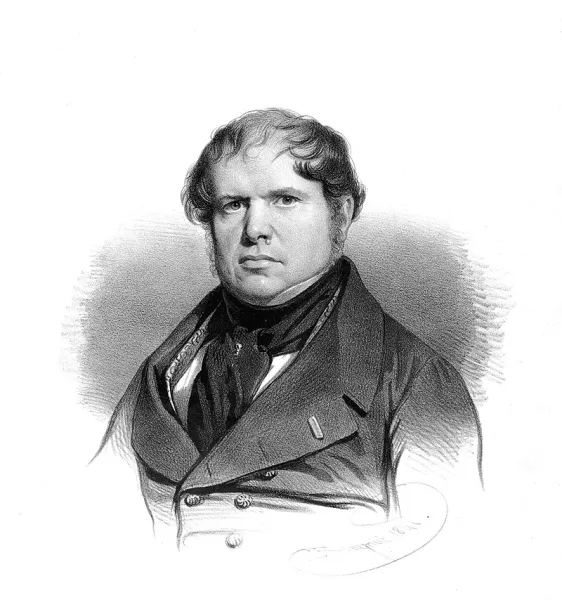
Timeline
Title
Country/Nationality
Francois-Joseph Fetis
François-Joseph Fétis was a Belgian musicologist, critic, teacher, and composer who played a pivotal role in shaping the field of musicology in the 19th century. His prolific writings, including his groundbreaking biographical dictionary of musicians, established him as a leading authority on music history and theory. His influence extended beyond musicology, as he also made significant contributions to music criticism, pedagogy, and composition.
Early Life and Education
Fétis was born on March 25, 1784, in Mons, Hainaut, Belgium. He displayed an early aptitude for music, learning to play the violin, piano, and organ. At the age of nine, he composed his first violin concerto. In 1800, he entered the Paris Conservatory, where he studied under prominent musicians such as Luigi Cherubini and Jean-François Le Sueur.
Musicological Contributions
Fétis's most notable contribution to musicology was his Biographie universelle des musiciens (Universal Biography of Musicians), which he published in eight volumes between 1834 and 1860. This monumental work contained biographical information on over 30,000 musicians, making it an invaluable resource for music historians and researchers.
Biographie universelle des musiciens
Fétis also made significant contributions to music theory and history. He published several influential treatises, including "Traité du contrepoint et de la fugue" (Treatise on Counterpoint and Fugue) and "Histoire de la musique" (History of Music). His writings helped to establish the foundations of modern musicology.
Critical and Pedagogical Activities
Fétis was also a respected music critic and teacher. He founded the journal "La Revue musicale" (The Musical Review) in 1827, which served as a platform for his critical and musicological writings. He also taught at the Paris Conservatory and the Brussels Conservatory, where he trained a generation of musicians and musicologists.
Compositional Career
Fétis was a prolific composer, writing numerous works for orchestra, chamber ensemble, and solo piano. His compositions were influenced by the classical style of Haydn, Mozart, and Beethoven.
Philosophy and Legacy
Fétis's philosophy of music was based on the belief that music was a rational and intellectually demanding art form. He believed that music should be studied and analyzed using scientific methods. His writings helped to establish musicology as a rigorous and academically respected discipline.
Fétis died on March 26, 1871, in Brussels, Belgium. He is remembered as one of the most important figures in the history of musicology. His writings continue to be studied and referenced by scholars today.
Notable Works
- Biographie universelle des musiciens (Universal Biography of Musicians)
- Traité du contrepoint et de la fugue (Treatise on Counterpoint and Fugue)
- Histoire de la musique (History of Music)
Interesting Facts about François-Joseph Fétis
- Fétis was a founding member of the Belgian Royal Academy of Sciences, Letters, and Fine Arts.
- He was a close friend of the composer Hector Berlioz.
- He was an avid collector of musical manuscripts and instruments.
Conclusion
François-Joseph Fétis was a towering figure in the world of music. His contributions to musicology, music criticism, pedagogy, and composition were immense. He is remembered as a pioneer who helped to shape the field of musicology and advance our understanding of Western music.
Books by Francois-Joseph Fetis

Biographical Notice Of Nicolo Paganini With An Analysis Of His Compositions And A Sketch Of The History Of The Violin
Delve into the life and legacy of Nicolo Paganini, the legendary violinist who captivated audiences with his virtuosity and technical mastery. François-Joseph Fétis provides a comprehensive and insightful look into Paganini's life and works, explorin...